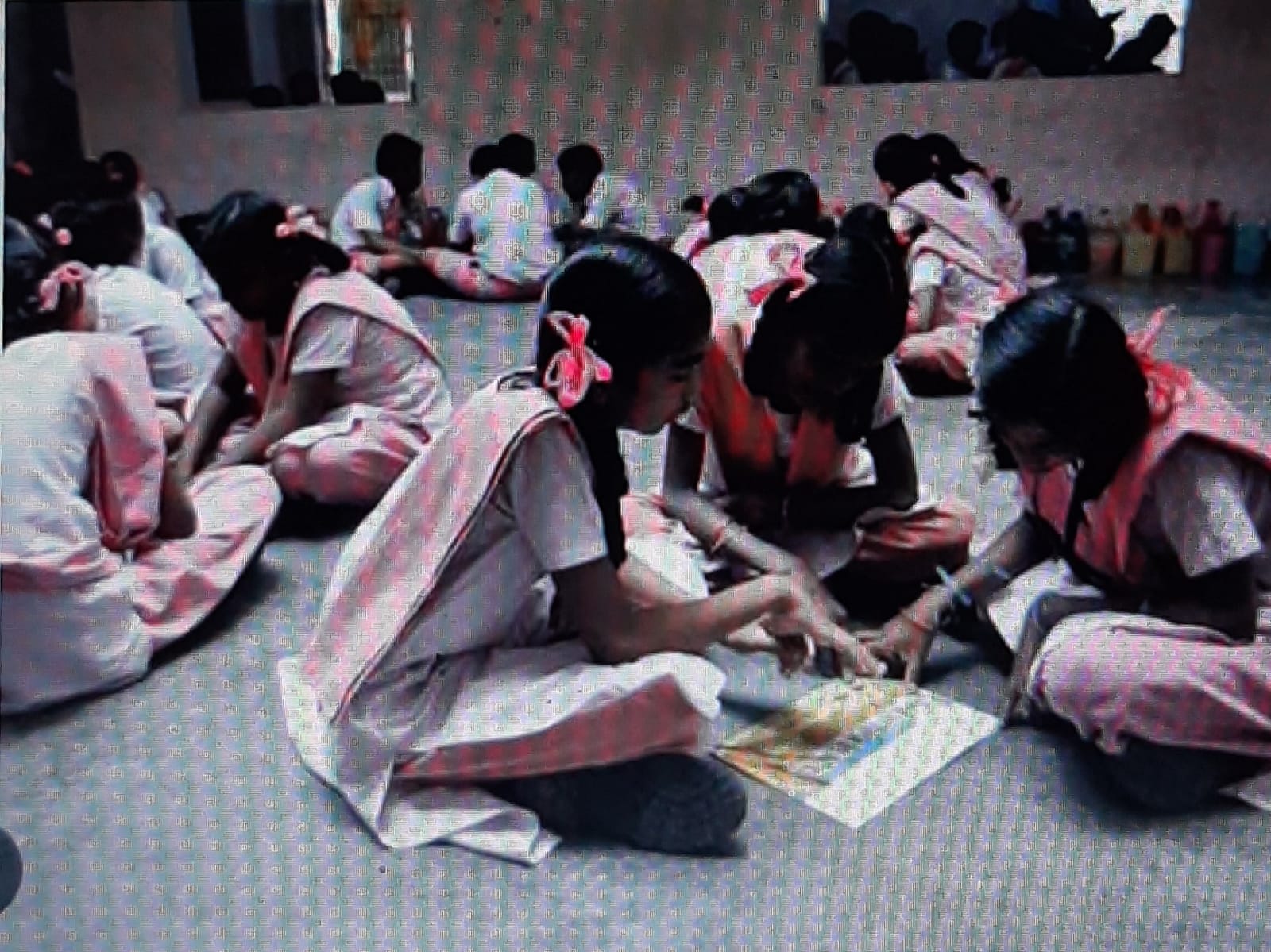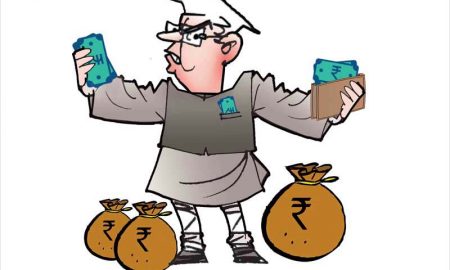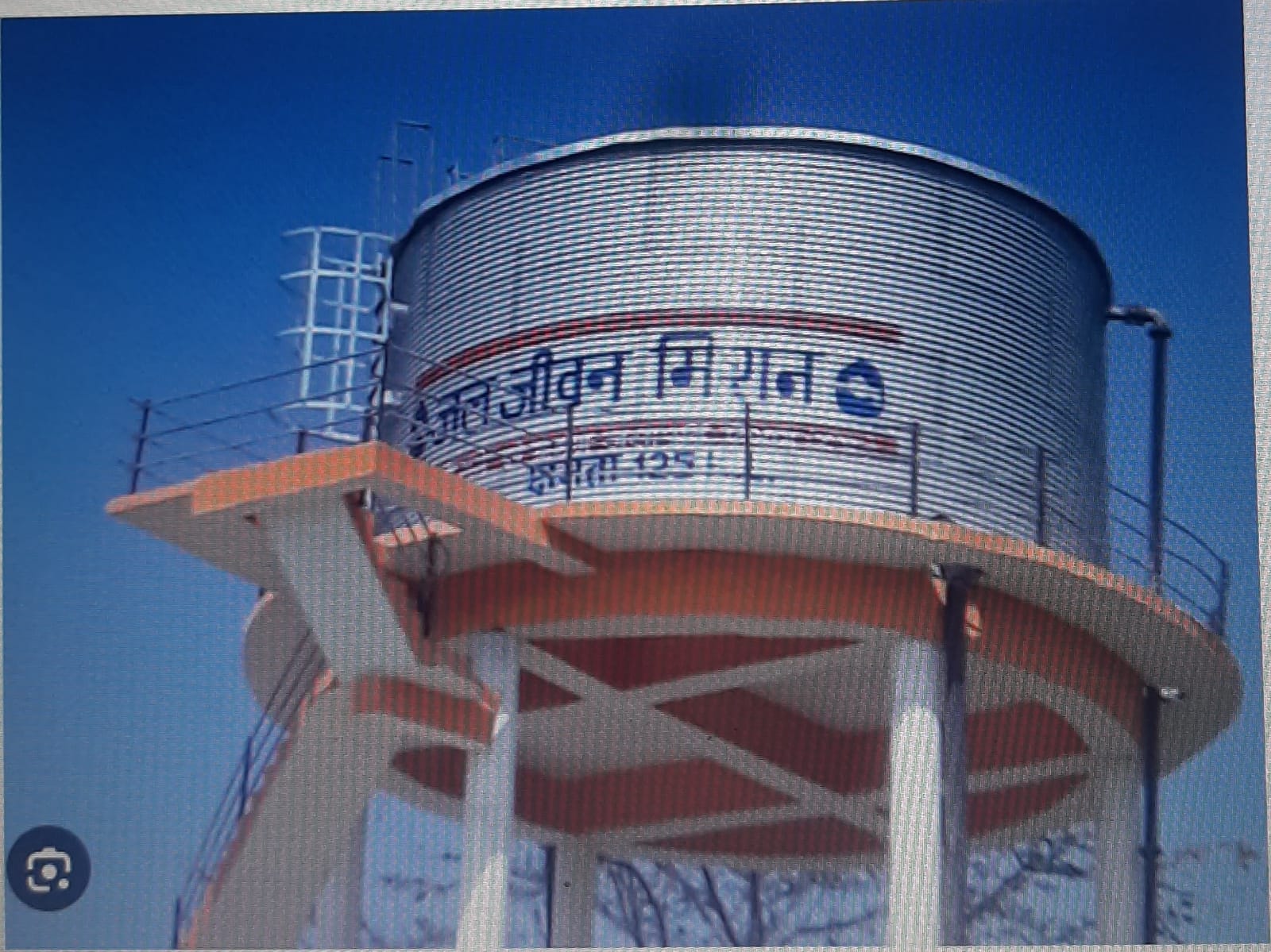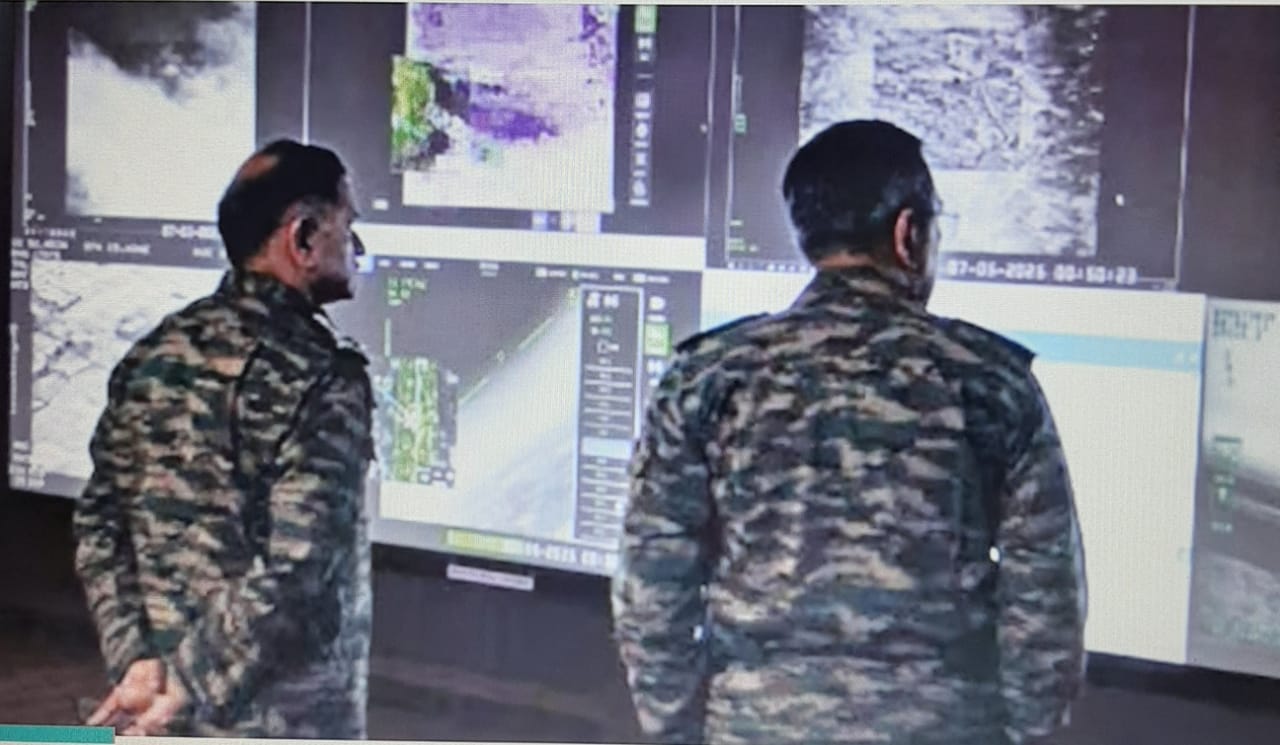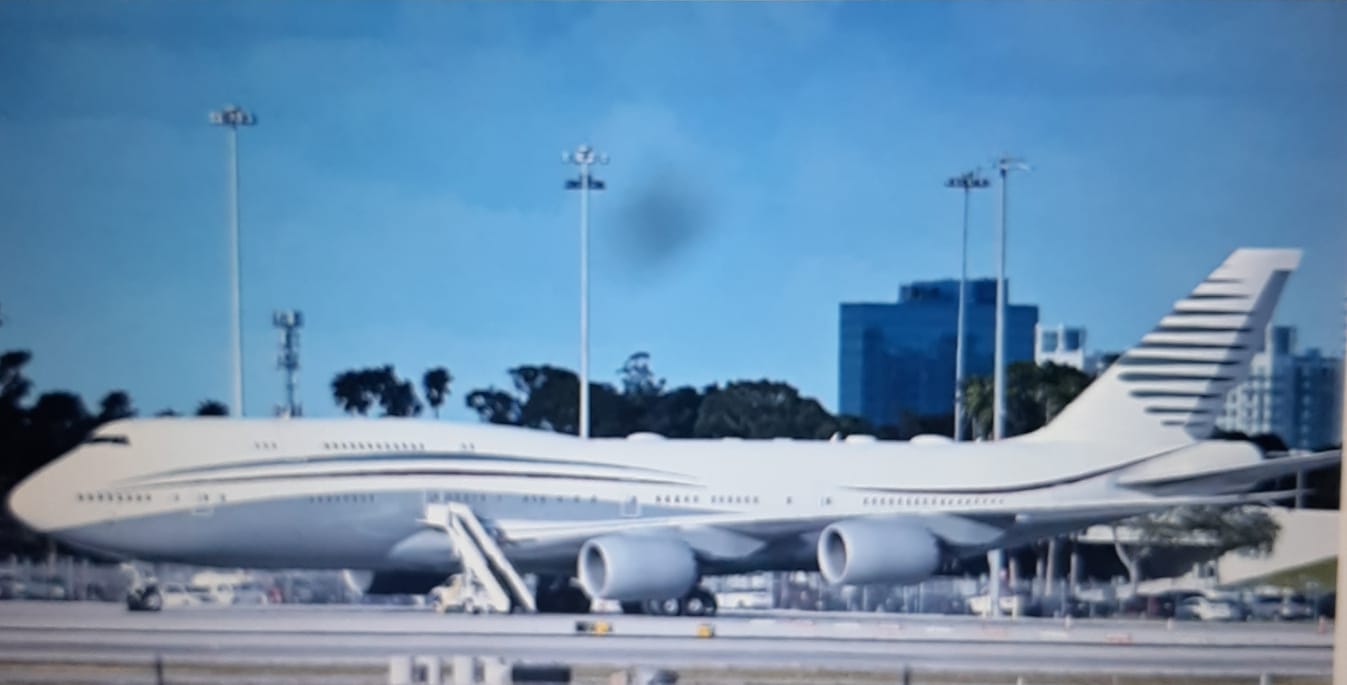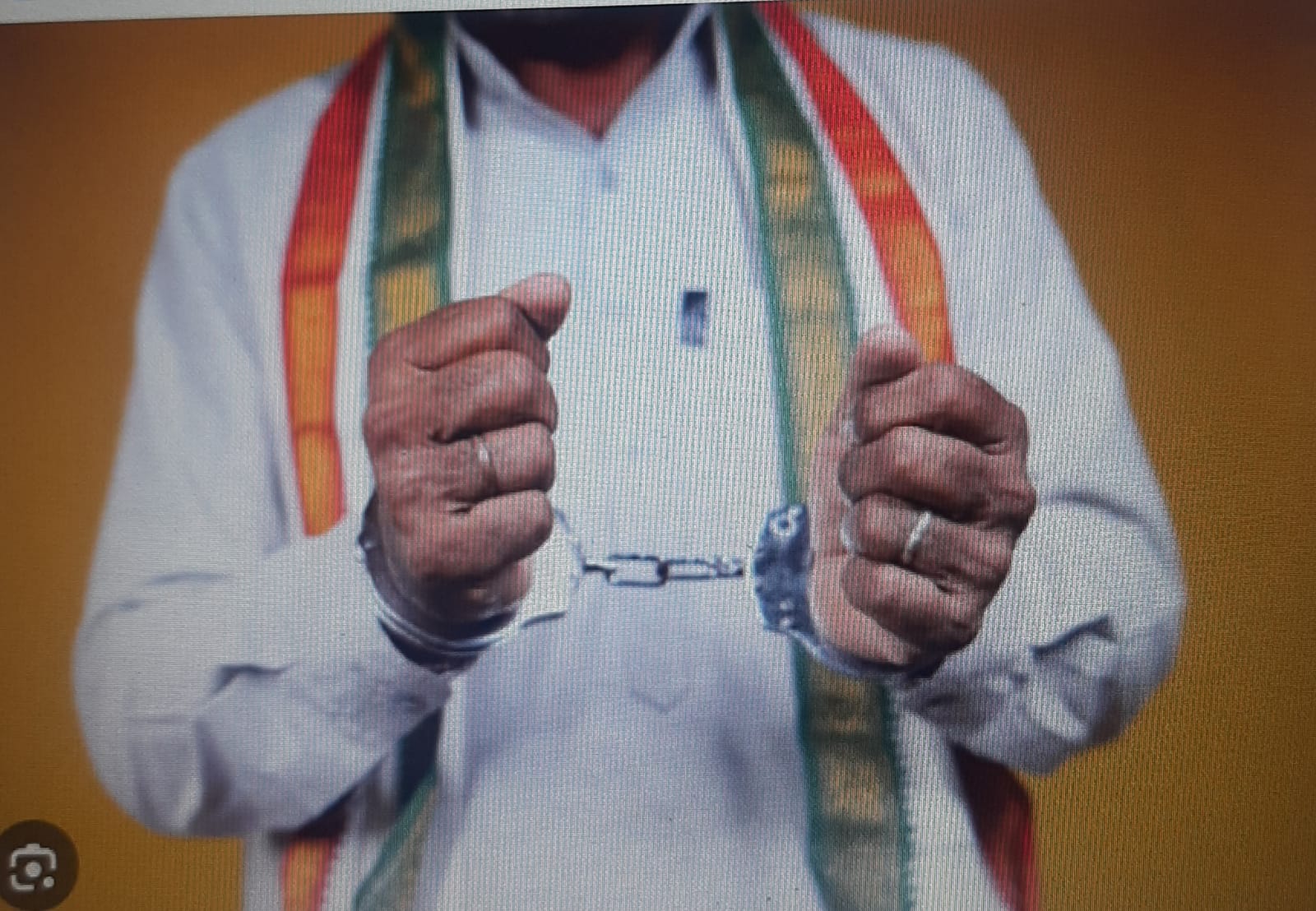
We have learned to rule as a mob, perhaps, but, not certainly, as an enlightened community. An eminent journalist of the sub-continent has described, rather aptly, the current democratic governance, as a gangland democracy, writes Prof. H C Pande
Time and again, in India, various political parties have united, inside the Parliament, outside the Parliament, and, in-between, to oppose the policies of the then ruling party. In a democracy this is considered a sign of a vibrant and a healthy system of governance. In the last few decades, however, the gathering together of the political parties have been exercises in rank opportunism with only one objective that of retaining power, if in power, and, of dislodging the ruling dispensation, if out of power. This is a sign of a growing tumor of greed-driven ambition, in the system, which may anytime, become malignant and destroy the system itself.
From the diehard democrat, to the sworn socialist, to the committed communist, from the far right, to the far left, all political parties have reduced the entire political thought to one principle that there are no principles. The interest of the country or the welfare of the people hardly figures in this show of unity except as rhetoric, perhaps by oversight.
Gandhi was of the view that ‘It is Swaraj when we learn to rule ourselves’ and we are now in the 77th year of our existence as a free nation. Have we learned to rule ourselves? Not really. We have learned to rule as a mob, perhaps, but, not certainly, as an enlightened community. An eminent journalist of the sub-continent has described, rather aptly, the current democratic governance, as a gangland democracy.
The political parties today swear by their noble ideology be it Gandhi’s Swaraj, or Lincoln’s Government of the People or, Marx’s rule of the Proletariat, however, swearing is just about all that they can do, because, when in power it is the loaves and fishes of office they look for, throwing to the winds the duties and responsibilities of governance. Bereft of ideological commitments, the political parties are now only gangs of self-serving persons united by greed for money and lust for power. For self service, there is unity across the board, from the Treasury benches to the sworn opposition.
Here is the one exception in the generally directionless proceedings of the Parliament where, much of the time, shouting matches of the Hon’ble members take place, caring little for the wasted time or money of the country. Session after session there have been no debates on the bills proposed with no parliamentary business being transacted. There have been walk-outs galore on every serious issue but on the issue of the raise in the salaries and addition to the perks of the Hon’ble (?) People’s Representatives, there is always the walk-in and with one hundred percent attendance, the House is bought to order and the bill is passed unanimously.
The gathering together of the opposition parties is not for pooling constructive ideas to develop a realistic and positive national development plan but rather to ensure that their own self interest is not compromised. when and if they come to power. The public posturing is to symbolise a pool of the best ideologies when in fact it is only a cesspool.
(Prof. H C Pande is Vice Chancellor Emeritus , BITS, Mesra)


